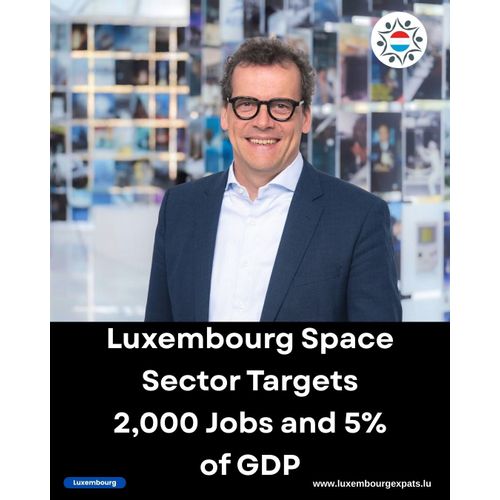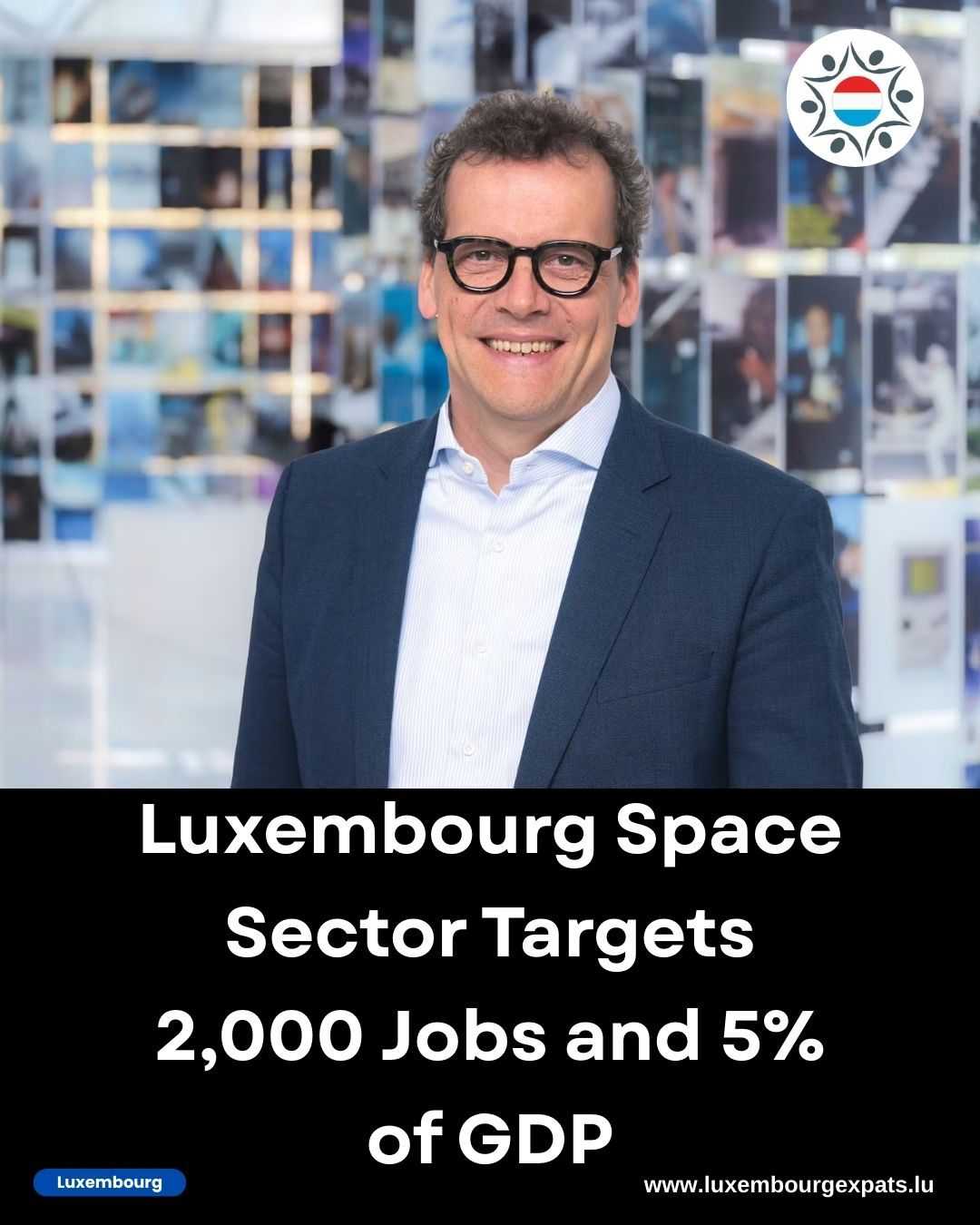Luxembourg’s Space Ambitions: SES Eyes 2,000 Jobs and 5% of GDP in the Next Decade
LuxembourgPosted on 18 September 2025 by TeamLuxembourg’s space sector is set to play an increasingly central role in the country’s economy, with projections pointing to the creation of around 2,000 jobs and a contribution of up to 5% of GDP within the next ten years. At the heart of this growth is SES Satellites, a company that has transformed from a modest local operator into one of the world’s leading players in the satellite industry.
Philippe Glaesener, Senior Vice-President of SES in charge of Space and Defence missions, shared insights this week on L’essentiel Radio. He recalled joining the company in the late 1990s, when SES managed just four satellites mainly dedicated to television broadcasting. Today, following its merger with Intelsat, SES operates a fleet of 120 satellites and ranks among the world’s top three satellite operators—holding its ground even as Elon Musk’s Starlink dominates with more than 8,000 satellites.
The industry itself has undergone major shifts. Traditional geostationary satellites, orbiting 36,000 km above Earth, are now being complemented by satellites placed at an average altitude of 8,000 km. These lower orbits reduce latency and open up new opportunities for sectors such as banking, communications, and government services.
Another turning point came with SpaceX’s reusable launch technology. SES was the first commercial customer of Elon Musk’s company, and the partnership has reduced launch costs by about 50%. “For a company like ours, this is essential,” noted Glaesener.
Innovation continues to accelerate. SES recently signed a contract with Impulse Space for a “space tug” system that will drastically cut the time needed to position satellites in orbit—from several months to just a few hours or days. Despite the growing number of satellites in orbit (nearly 10,000 known today), Glaesener reassured that the risk of collision remains low thanks to strict coordination and varied altitude zones.
SES is betting on partnerships with start-ups to remain agile in a sector where technology evolves at breakneck speed. “The potential is enormous,” said Glaesener, emphasizing Luxembourg’s commitment to space as a driver of innovation and growth.
Read More : SES Satellites vise 2 000 emplois et 5% du PIB dans le secteur spatial - L'essentiel
I am your contact
Team
Chat









